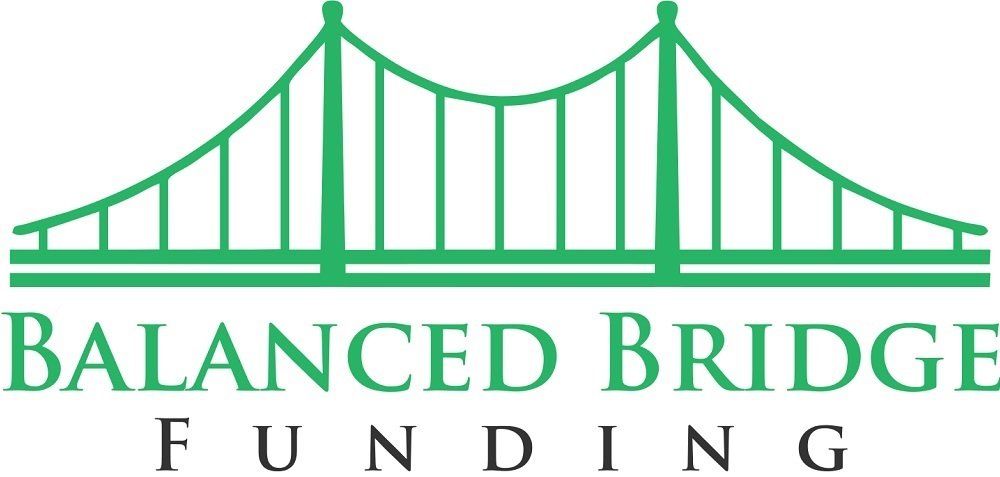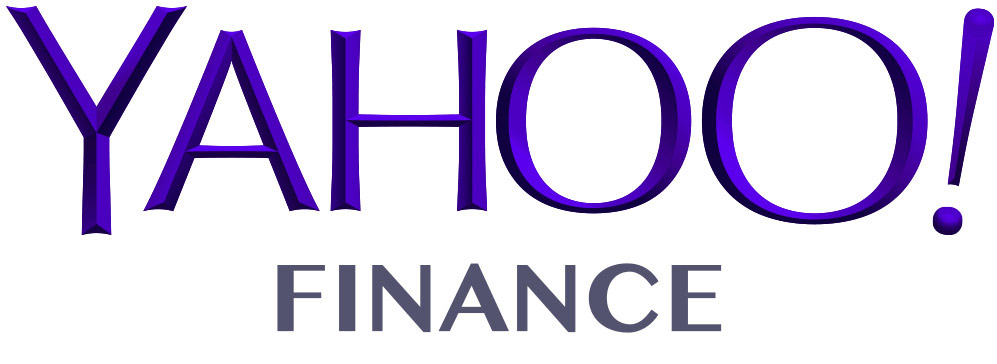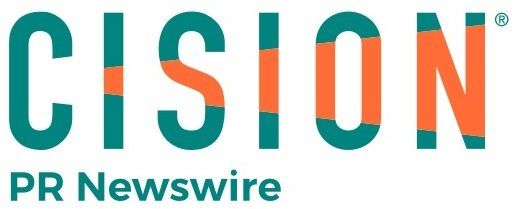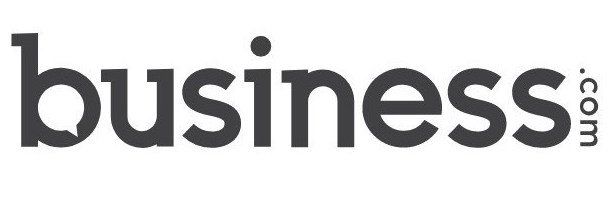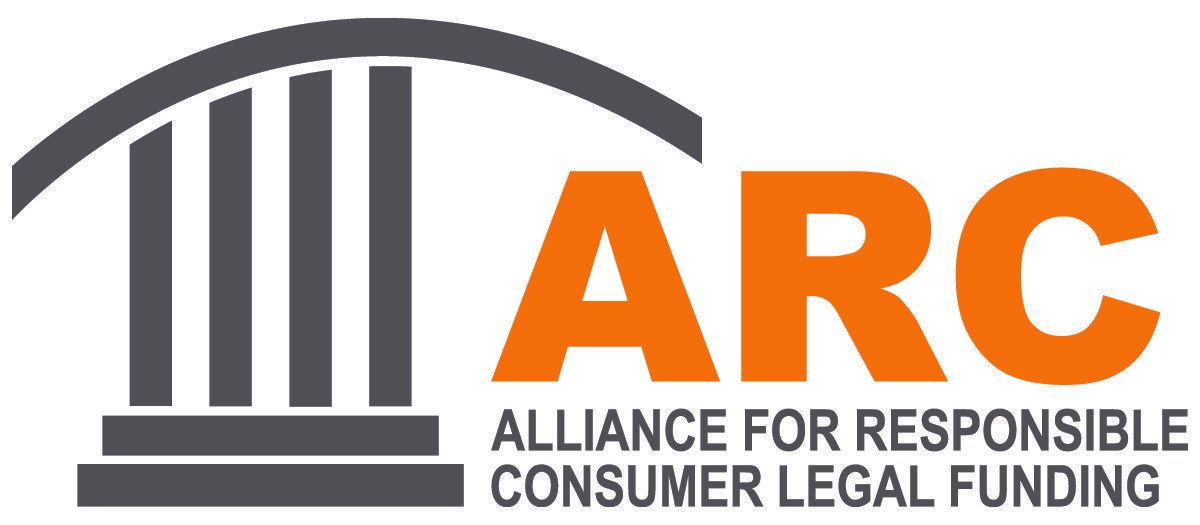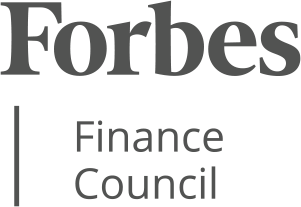What’s The Difference Between Commercial and Consumer Legal Funding?
Are you familiar with the term “you can’t be everything to everyone”? The legal funding world, just like the real world of law, is broken up into many different parts. Not every lawyer works on every single case, so it follows that not all legal finance companies work with every single client.
There are two main branches of practice within the legal funding industry: commercial funding and consumer funding . Commercial funding companies, such as Bentham IMF, typically finance commercial plaintiffs (businesses), while consumer legal funding companies like Balanced Bridge finance individual plaintiffs and their attorneys who work on a contingency fee basis. Let’s break it down a bit further.
What Is Commercial Litigation Finance?
When a claimant is involved in a business dispute but has trouble financing the claim, they may turn to a commercial litigation finance company for assistance (also referred to as third-party litigation funding ). Commercial claims are often more expensive than consumer claims, which is why plaintiffs may reach out for financial assistance. In fact, without commercial funding, some claimants—such as small businesses contesting invoices or individuals suing on breach of contract—would not be able to take their cases to court.
Most plaintiffs in commercial legal disputes aim to secure business interests and gain market advantage. Commercial litigation firms can help financially disadvantaged businesses and individuals reach those goals.
Commercial legal claims are as diverse as consumer claims: a patent attorney wouldn’t pursue a real estate claim, and an environmental attorney wouldn’t represent a plaintiff who needed an expert in international business law. Because commercial litigation claims are so diverse, many commercial litigation funding companies specialize their practices to ensure accurate underwriting.
Commercial lawsuits are typically larger than consumer law cases, so it often takes third party litigation funders a longer time to underwrite these cases. Thus, commercial litigation finance companies prefer to work with clients who have extraordinary funding needs and are also expecting an extraordinary payout. Some of these firms require a minimum funding request of $1,000,000.
What Is Consumer Legal Funding?
Consumer legal funding has two main purposes. It can be used to finance a plaintiffs' attorney’s law firm or solo career, thus helping that attorney or firm provide better service to clients; or, it can be used to help plaintiffs sustain themselves throughout litigation.
Many consumer litigation cases are torts, meaning that the plaintiffs involved in the cases have been injured or wronged in some way. Plaintiffs in these cases are often engaged in litigation to fight for their rights to healthcare, or job security, or insurance compensation. These plaintiffs are considered consumers, meaning they are subject to legal fewer regulations than their commercial plaintiff counterparts. Thus, the underwriting process is swift, and consumer funding companies can afford to take on more cases.
Consumer legal funding companies might also offer non-recourse advances to plaintiffs, who are not as well-off as commercial plaintiffs. A non-recourse advance protects the plaintiff from defendant nonpayment.
What’s the Difference?
The main difference between commercial litigation finance and consumer legal funding is easy to spot: commercial finance companies provide the means for businesses to fight to protect their commercial interests, while consumer funders aid individuals who have been personally wronged and the attorneys who protect those individuals.
Both commercial and consumer funding companies are important resources for the businesses and individuals that they serve. But because commercial cases tend to be more high profile and because of a few bad advertising choices made by a small group of consumer funding firms, consumer legal funding is still struggling to gain mainstream acceptance.
However, things are looking up for consumer funding. More states are accepting all types of litigation finance as a desired practice and more legal funding companies are championing plaintiffs’ rights and transparency.
Companies like Balanced Bridge Funding are working hard to make legal funding understandable and accessible to all those who might need it. You can learn more about how consumer legal funding works for plaintiffs by reading “Lawsuit Funding for Plaintiffs: The Essential Guide”. You can read up on how it helps attorneys by reading “ Attorney Funding: The Essential Guide”.
Written by Shayna Keyles.

